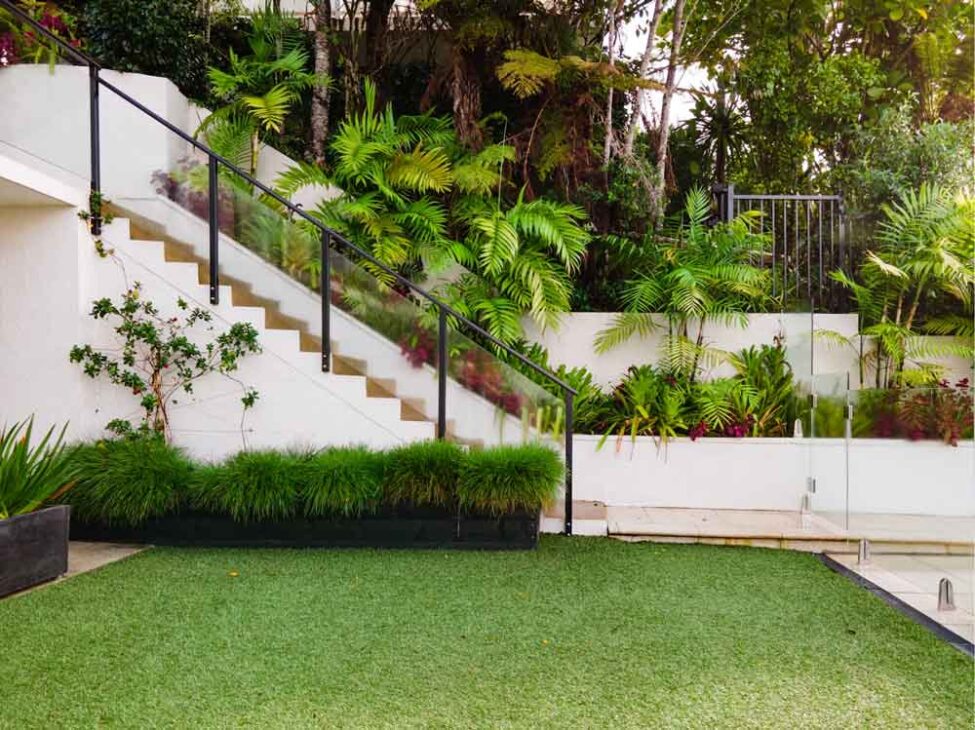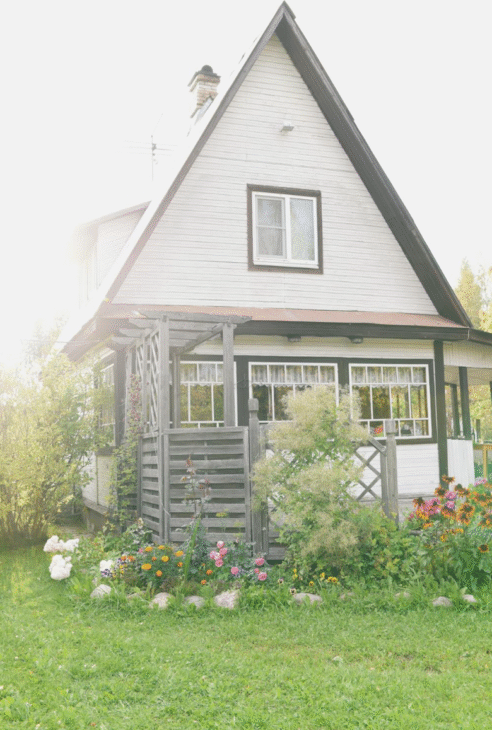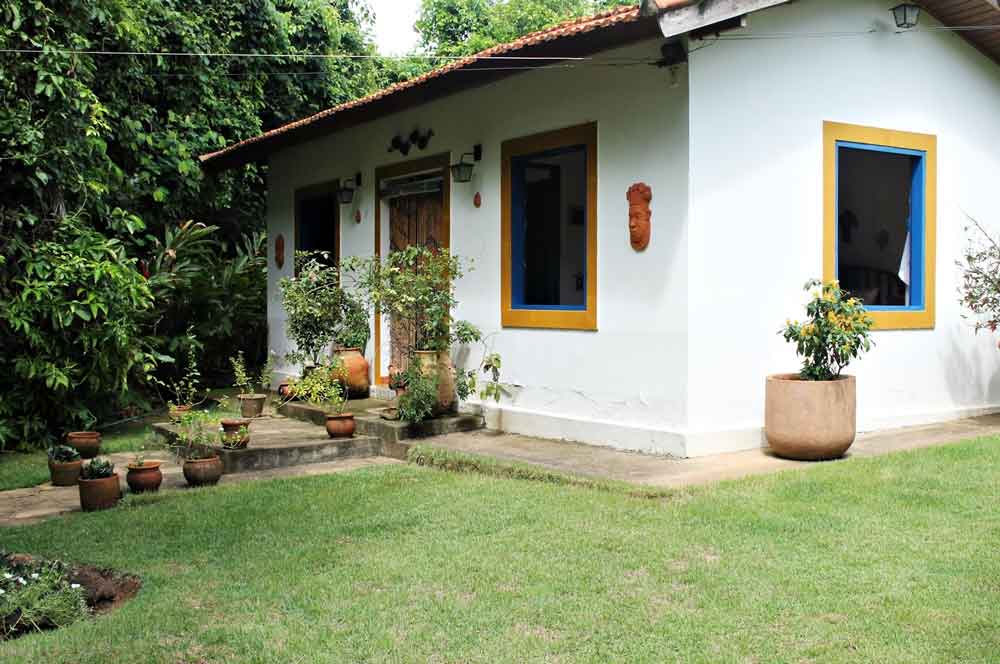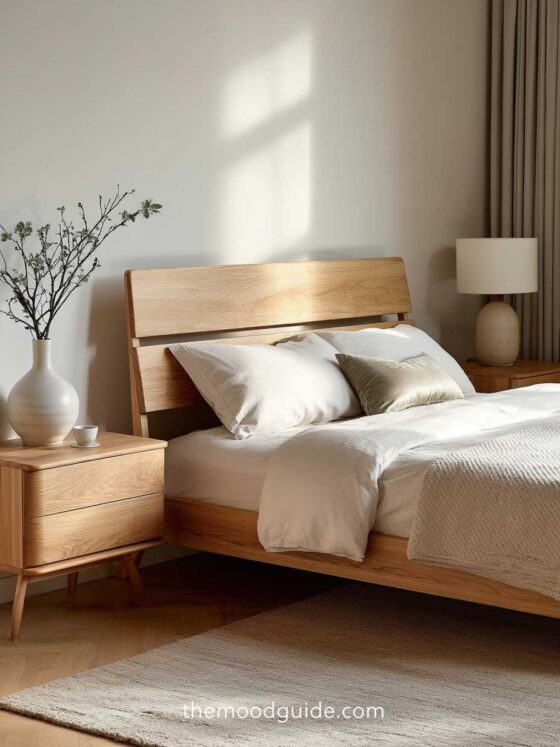You know that feeling when you pull into your driveway after a 10-hour day and notice your neighbor’s yard looks immaculate while yours resembles something from a horror movie? Yeah, we’ve all been there. The grass is getting long, there are leaves everywhere, and you’re pretty sure something died in the flower bed last month.
Here’s the thing though—having a great-looking yard doesn’t mean you need to become a weekend warrior with a lawnmower. Some of us have wine dates and Netflix marathons to attend to.
Stop Trying to Be Super Woman
Let’s get real for a minute. You’re already juggling work deadlines, family obligations, and trying to maintain some semblance of a social life. Adding “become a master gardener” to that list is just setting yourself up for failure and a serious case of weekend burnout.
The women with gorgeous yards aren’t necessarily putting in more hours than you are. They’re just being smarter about how they spend their time. Think about how you handle work projects—you don’t try to do everything manually when there’s software that can automate half the job, right? Same principle applies to yard work.
Fall Leaves Don’t Have to Ruin Your Life
October hits, and suddenly every tree in your neighborhood decides to dump its entire wardrobe on your property. Traditional wisdom says grab a rake and prepare for a full day of back-breaking labor. Traditional wisdom can take a hike.
Leaf blowers changed the game completely. What used to take an entire Saturday afternoon now takes maybe 30 minutes, and you don’t need to drag extension cords all over your yard or hunt for outdoor outlets. The cordless versions let you zip around your property without getting tangled up in wires or running out of reach.

You can actually tackle this job in chunks throughout the season instead of facing Mount Leaf-more every weekend. Spend 15 minutes after work clearing the walkway, and Saturday morning won’t feel overwhelming.
The best part? You’re not dead tired afterward, so you can actually enjoy your weekend plans.
Timing Is Everything
Remember how you learned to batch similar tasks at work to be more efficient? Same concept works at home. Instead of dedicating entire weekends to yard disasters, break things down into bite-sized pieces.
Early morning yard work hits different. The temperature is cooler, you’re not competing with weekend traffic noise, and there’s something satisfying about getting things done before the rest of the world wakes up. Plus, you get to feel smug about your productivity during your first cup of coffee.
Evening sessions work too, especially in summer when daylight lasts forever. Twenty minutes after work can prevent weekend emergencies. Your neighbors might think you’re showing off, but really you’re just being strategic.
Tech That Actually Helps
Technology finally caught up to yard work, and thank goodness for that. Cordless tools eliminated the nightmare of managing extension cords that somehow always get caught on everything. Battery power means you’re not limited to working within 50 feet of an outlet.
Smart sprinkler systems handle the watering schedule automatically and adjust based on weather. They’re not cheap upfront, but they pay for themselves through water savings and the fact that you don’t have to remember to move sprinklers around every few hours.
Robot lawn mowers sound futuristic, but they’re becoming surprisingly common. They work quietly while you’re at the office and keep the grass looking consistently good without any input from you. It’s basically having a tiny groundskeeper that never asks for a raise.
Tools That Don’t Fight You
Nothing ruins a Saturday morning faster than equipment that won’t start or tools that are too heavy to use comfortably. Good tools cost more upfront but save massive amounts of time and frustration down the road.
Look for lightweight options that won’t leave your arms screaming after 10 minutes. Quick-start features matter more than you’d think when you only have a small window to get things done. Tools that can handle multiple jobs reduce the amount of equipment you need to buy and store.
Battery systems that work across different tools make sense financially and practically. Buy into one brand’s battery platform, and you can often share power sources between lawn equipment, power tools, and even some indoor gadgets.
Plan Your Yard for Real Life
The smartest approach is designing your outdoor space around your actual lifestyle, not some fantasy version where you have unlimited time for garden maintenance. Native plants thrive without constant attention and look good throughout the growing season.
Perennial flowers come back every year without replanting, which saves both time and money. Ornamental grasses add visual interest and movement but basically take care of themselves once established.

Mulch is your best friend. It suppresses weeds, retains moisture, and makes everything look more finished with minimal effort. Create clear boundaries between different areas of your yard to make maintenance more straightforward.
Design entertaining spaces that are easy to prepare quickly. Nobody wants to spend two hours cleaning up the patio before friends come over for dinner. Choosing the right materials, like knowing the difference between paver sand vs paver base, can make your patio easier to maintain.
Weather Backup Plans
Mother Nature doesn’t care about your schedule, so having flexible strategies prevents weekend disasters. Keep basic supplies handy so you can handle unexpected situations without multiple trips to the hardware store.
Know which tasks can wait and which ones need immediate attention. Wet leaves can usually sit for a day or two, but standing water needs to be addressed quickly to prevent bigger problems.
Build relationships with neighbors who might be willing to lend equipment occasionally. Sometimes borrowing a specific tool for one job makes more sense than buying something you’ll use twice a year.
Making It Sustainable
The goal isn’t perfection—it’s creating a system that works with your real life instead of against it. Your yard doesn’t need to win awards; it just needs to look intentional and well-maintained.
Focus on the areas that have the biggest visual impact first. Front yard improvements matter more than backyard perfection if you’re working with limited time and energy. Curb appeal affects your daily mood and property value more than hidden garden spaces.
Set realistic expectations and celebrate small wins. A consistently decent-looking yard beats a sometimes-perfect, often-disaster cycle. Your weekend sanity is worth more than impressing strangers who drive by your house.
Remember, the point of having a nice outdoor space is to enjoy it, not to spend every free moment working on it. Find the balance that lets you have both a presentable yard and a life worth living.









